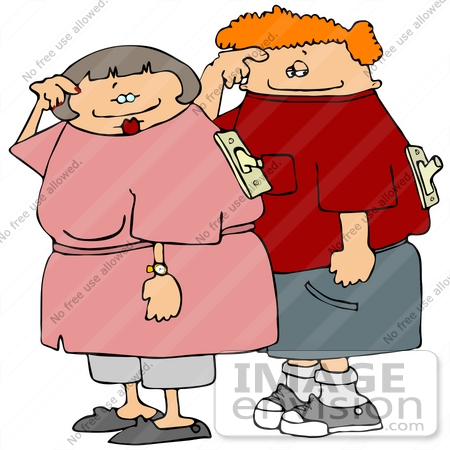

But the process itself continues into young adulthood.

The natural next question, of course, is when do teenage hormones settle down? It takes a while! Some of the physical development associated with puberty, such as breast development, are complete by around age 18. Each adolescent develops at their own pace. Around this age, some high school students look more mature while others may still have less developed bodies. However, the onset of puberty happens at a slightly different time for each person. Puberty hormones begin to do their work typically around between ages 7 and 13 in people assigned female at birth, and 9 and 15 in those assigned male at birth. According to a 2019 study on the role of hormones in the transgender brain, “the bulk of the data suggests that self-reported level of function and quality of life is improved with GAHT (gender-affirming hormone therapy).” The researchers concluded, “Although being trans is associated with increasing mental health problems due to social circumstances, there is now growing evidence suggesting that gender-affirming social support and GAHT are linked to better mental health outcomes.” When Do Hormones Start? This has documented positive effects on trans teens’ mental health. Trans Teens and Teenage Hormonesįor transgender teens, puberty is typically the time to begin hormone therapy to support the transition to their identified gender.

Other teenage hormones that initiate change and growth are dihydrotestosterone (DH), estradiol, and growth hormone.

In addition, both boys and girls produce hormones called androgens, although boys produce a higher level of androgens. For those assigned male at birth, testosterone is the primary sex hormone. In people assigned female at birth, the primary sex hormone is estrogen. GnRH triggers the pituitary gland-a small but significant gland that controls the production of several major hormones-to secrete follicle-stimulating hormone (FSH) and luteinizing hormone (LH) into the bloodstream. At the beginning of puberty, the brain releases a hormone called gonadotropin-releasing hormone (GnRH). Teenage hormones drive physical and sexual development. Parents, siblings, therapists, teachers, and coaches can provide wisdom and guidance as teens navigate this challenging, exciting time in their lives. Therefore, as children enter their teenage years, it’s important for them to have a support system they can rely on. Peer pressure, low self-esteem, and raging hormones can lead teens to take chances and engage in risky behaviors that could have a negative effect on their future. Teen hormones affect not only adolescents’ bodies and minds, but also their behavior. In addition, teens may also feel more impulsive and more inclined to take risks, like experimenting with drugs or alcohol, driving without a license, or having unsafe sex. They will probably experience mood swings, weight gain, and growth spurts. Teenage hormones are the chemicals that cause the physical growth and sexual development that will carry teens through into adulthood.Īs these substances take hold of a teen’s body, parents (and kids) will notice that adolescents’ emotions, moods, and sexual feelings are much stronger. Starting as early as age 7 or 8, the body begins to produce the hormones that are responsible for the changes of puberty. If you’re a teenager-or the parent of a teen-you’re no stranger to the power of hormones.


 0 kommentar(er)
0 kommentar(er)
